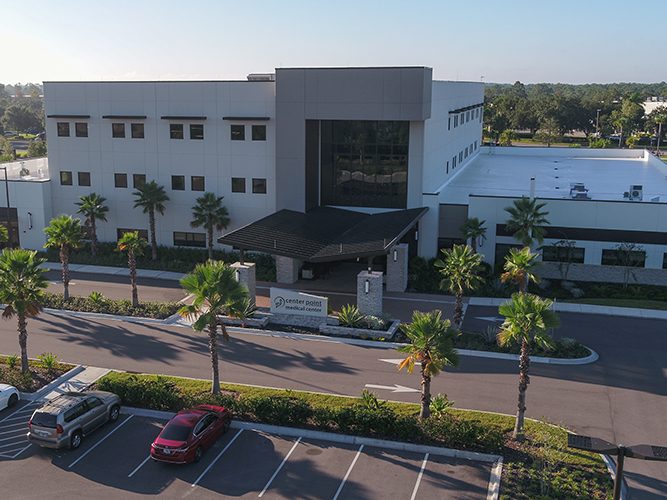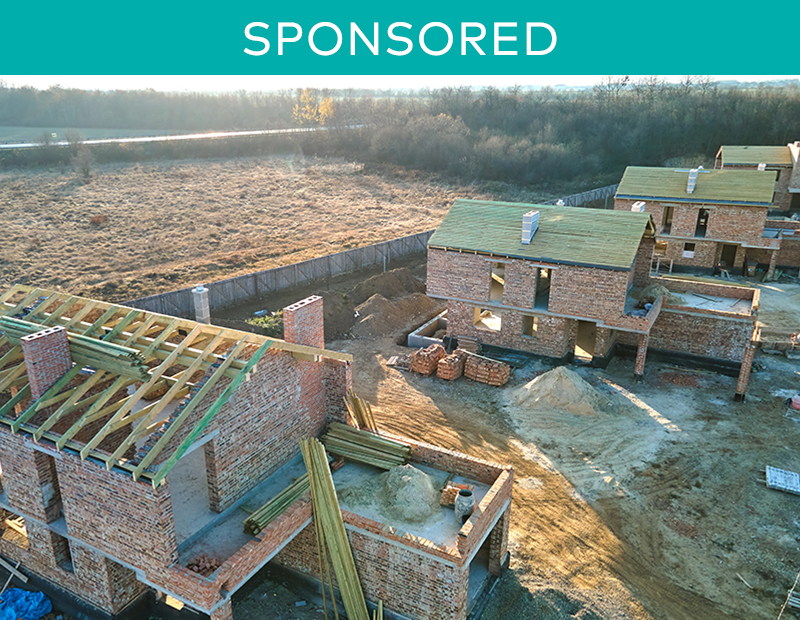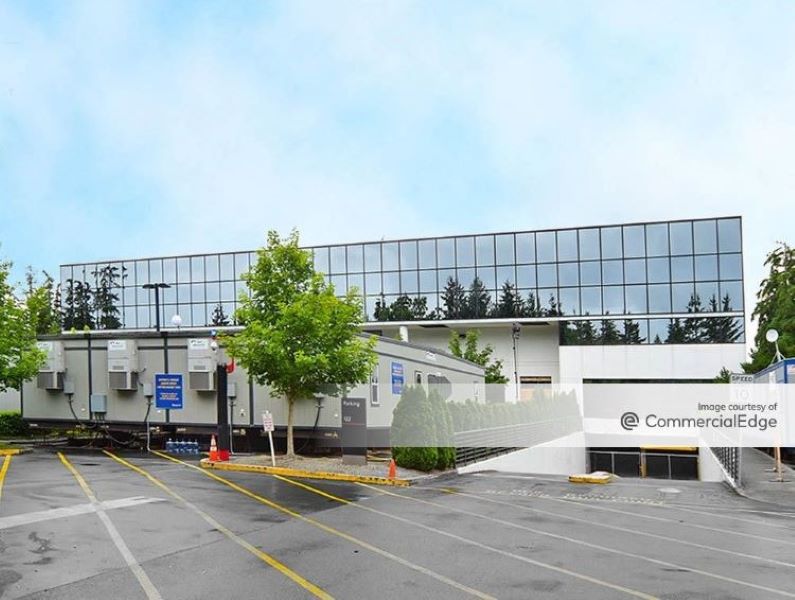5 Predictions for CRE Finance and Investment
Is the commercial real estate glass half-empty or half-full? Both, said prognosticators at a Connect conference in New York City.
 The big question at the Connect National Investment & Finance conference held in New York City yesterday was: Will there be a recession and, if so, when?
The big question at the Connect National Investment & Finance conference held in New York City yesterday was: Will there be a recession and, if so, when?
While that question went largely unanswered, debt and equity experts offered a number of near-term predictions. Here are five that would have a major impact on commercial real estate’s stability:
1. Persistent Economic Vitality
Pacific West Bank Managing Director Mark Silverstein foresees a continually robust U.S. economy because the economy is the strongest plank in President Trump’s reelection platform. Therefore, the Fed will “jump in” to do whatever it needs to do to keep the momentum going.
2. Capital Consolidation
Revere Capital Senior Vice President Jonathan Shapiro envisions a consolidation of alternative lenders since, he says, there is “far too much capital” in the market. Intense competition is leading some lenders in the debt and “dequity” spaces to offer higher leverage than they should, Shapiro said.
3. Surplus Stock
Thorofare Capital Principal Brendan Miller forecast an oversupply of speculative office space as the economy settles into a slower growth mode. Class A apartment developers will also struggle to rent new units. Additionally, gateway city condo developers in the $3 million and up segment will also have trouble finding buyers, noted Madison Realty Capital Director Mark Zegen.
4. Tech Layoffs
Zegan added that office consumption will certainly be curtailed should the fastest-growing absorber of space hits a snag. “If the tech bubble bursts, there will be significant layoffs,” he said. (Could WeWork’s pending dismissal of 4,000 employees be a precursor of more pain to the come?)
5. Rent Control Restricted
Hunt Real Estate Capital Director Michael Schneider predicted that at least one provision of New York City’s strict new rent control regulations—the limiting of annual capital improvement rent increases approved within the prior seven years to 2 percent per year—will be ruled unconstitutional and rolled back.
Look out for coverage of Connect Media’s Opportunity Zone conference also held yesterday.







You must be logged in to post a comment.